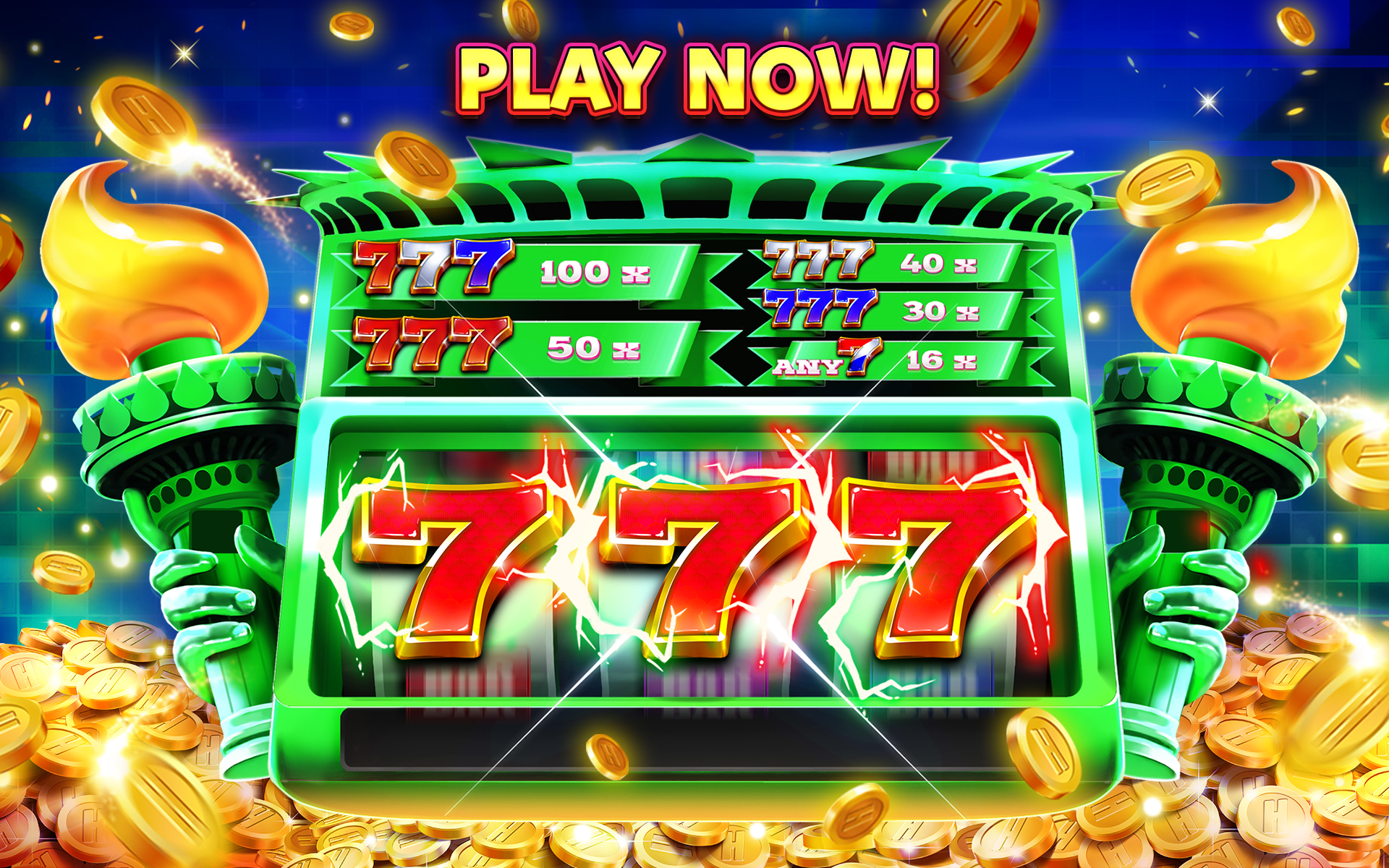
In the world of gambling, where chance and strategy intersect, a unique tapestry of beliefs manifests—one that weaves together luck, fate, and the enigmatic nature of casino games. Casinos, bustling with excitement and anticipation, are not just spaces for placing bets; they are also arenas where superstitions thrive. Ranging from the novice player to the seasoned gambler, these mysterious practices often shape how individuals approach the games they play, holding the belief that their actions can impact the outcome in ways that go beyond mere probability.
As players gather around roulette wheels, blackjack tables, and slot machines, the atmosphere is thick with stories of lucky charms, rituals, and codified behavior that defy logic yet provide a sense of comfort. Whether it’s wearing a specific outfit, following a particular sequence of bets, or even avoiding certain numbers, the attachment to various superstitions reflects a deep-rooted desire to manipulate the uncontrollable. This article delves into the captivating world of casino game superstitions, examining the beliefs that both entertain and mystify those who dare to play.
Historical Origins of Superstitions
Betting activities have long been entwined with an variety of superstitions that trace to early societies. The roots of these beliefs can be associated to humanity’s intrinsic desire to influence the uncertain outcomes related with fortune and chance. In primitive civilizations, games of uncertainty were often connected to spiritual practices. Players would call upon aid or ask for favor from deities, believing that their actions could change the outcomes in their advantage. This basis laid the groundwork for the variety of superstitions that developed as betting evolved over ages.
During the Middle Ages, gambling became a popular pastime across Europe, and with it, a diverse tapestry of superstitions appeared. Participants adopted numerous rituals and charms, believing they could change the outcome of games. The importance of digits, in particular, started to manifest in superstitions around card games and dice. sin88.name The number seven was often considered favorable, while various numbers carried unfortunate connotations. These beliefs mirrored the societal contexts of the time, changing as they passed through generations and changed to new gaming environments.
As gaming establishments emerged in the 1600s, particularly in Italy and the French nation, the atmosphere surrounding gambling became saturated in mystery. The growing accessibility of casino activities allowed for the dissemination and diversification of superstitions among players. Concepts like lucky charms, special seating arrangements, and rituals gained prevalence, creating a unique culture within betting houses. As these practices continued to thrive, they became essential to the character of casino games, illustrating how history and tradition shape the notions that influence how participants interact with luck.
Common Gambling Superstitions
Beliefs surrounding gambling activities are abundant and diverse, mirroring the hopes and anxieties of gamblers as they engage in chance-based activities. One of the most common beliefs is that certain digits bring luck or bad luck. For example, the number seven is often seen as a favorable number, frequently sought after by players looking for a favorable outcome. Conversely, the number 13 is routinely considered cursed, leading many gamblers to avoid it during their gambling periods.
Another common belief relates to rituals that players believe can influence their chances. It could be blowing on the dice before a throw, using a particular hand to place a wager, or even putting on specific items of clothing, many people feel that these actions can tilt fate in their benefit. These rituals offer a sense of control in an otherwise random environment, reinforcing the idea that luck can be manufactured through personal convictions and customs.
Lastly, the environment and atmosphere of the casino itself adds to superstition. Many players suggest that the presence of specific icons, such as four-leaved clovers or lucky tokens, can enhance their odds of winning. Additionally, players might hold to the notion that winning streaks can be halted by mundane occurrences, such as a person walking past or a accident at the table. The shared environment in a casino can amplify these superstitions, creating a communal culture of myths that transcends individual encounters.
Impact of Superstitions on Players
Beliefs play a important role in the psychology of gamblers, often affecting their actions and decision-making. Many gamblers believe that fortune can be manipulated through different rituals, such as donning a talisman, selecting specific colors, or avoiding certain numbers. This reliance on superstitions can create a feeling of authority in an environment that is inherently unpredictable. Players frequently feel more confident and engaged when they believe that their actions could sway the result of a game in their favor.
The influence of these superstitions extends past singular players, affecting the general atmosphere within the casino. For example, a player who believes in the luck of a certain slot machine might draw a gathering, as onlookers are intrigued by their apparent success. This collective belief can amplify excitement and create a dynamic environment, leading to an interesting experience even for those who may not necessarily be superstitious. The excitement around certain games can lead to higher participation and longer playing sessions, supporting the casino’s lively social scene.
In some cases, superstitions can lead to harmful effects for players. Depending too heavily on rituals can result in poor gambling decisions, as some may ignore basic strategies in favor of baseless beliefs. Additionally, the stress to perform rituals may increase anxiety and stress levels, detracting from the enjoyment of the experience. Ultimately, while superstitions can enhance the thrill of playing casino games, they can also lead to poor choices that overshadow the enjoyment and entertainment intended in the casino experience.



